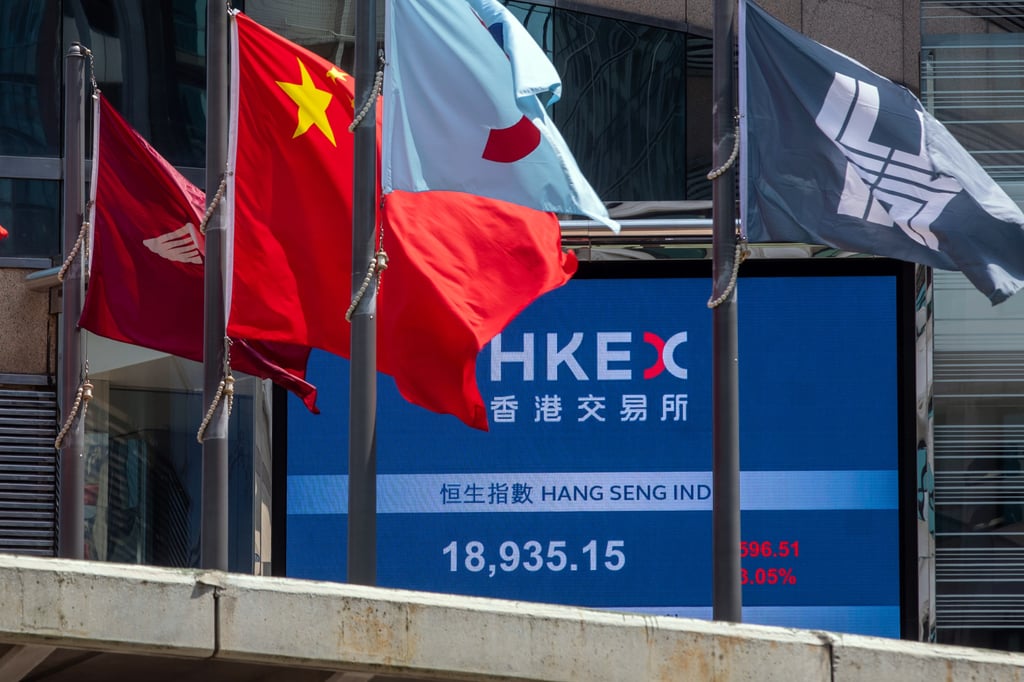ETF Connect to strengthen Hong Kong’s super-connector role and solidify city’s position as Asia’s top ETF trading hub
- Under the new cross-border trading scheme, 83 mainland-listed ETFs – 53 in Shanghai and 30 in Shenzhen – can initially be traded by international investors
- The ETF connect will attract up to 200 billion yuan (US$29.8 billion) of capital into mainland China’s ETF market within one to two years, China Asset Management says

The total turnover came to US$32.7 million on the first day, as regulators and officials from Hong Kong and the mainland took part in live-streamed ceremonies at exchanges in the city, Shanghai and Shenzhen to mark the ETF Connect’s debut.
“The ETF Connect is an important milestone as it signifies another connect programme beyond the trading of stocks for the first time,” said Christina Choi, executive director for investment products at the Securities and Futures Commission, Hong Kong’s markets watchdog. “This unique link will broaden the investor base for both the Hong Kong and mainland ETF markets. It will spur demand, boost capital flows and liquidity.”
This will allow Hong Kong to capitalise on its growth as an ETF hub in Asia-Pacific, she added.

Under the new cross-border trading scheme, 83 mainland-listed ETFs – 53 in Shanghai and 30 in Shenzhen – can be initially traded by international investors via the northbound Stock Connect route. These include ETFs tracking the CSI300 and ChiNext indices.